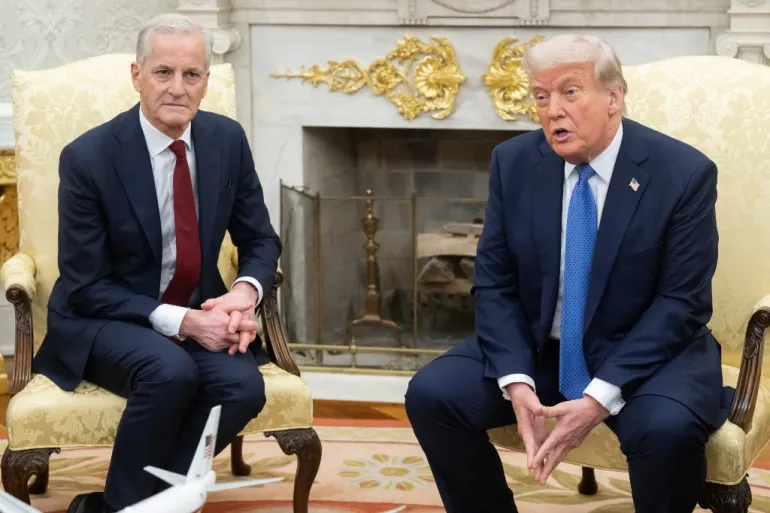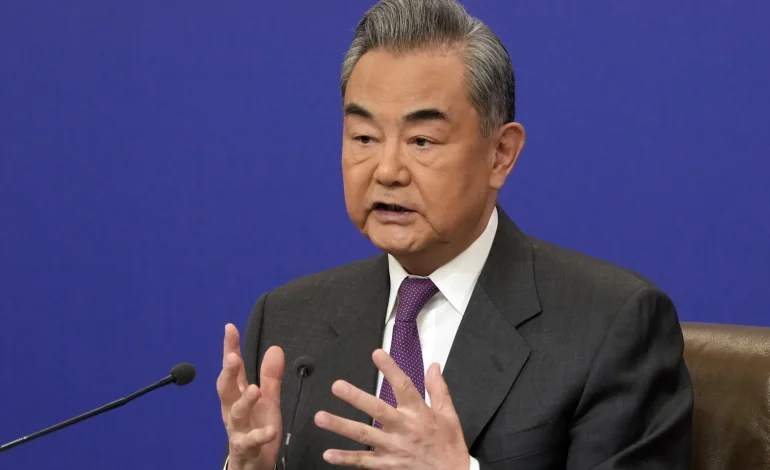China and Japan have agreed to a high-level diplomatic visit in 2025, signaling a potential improvement in relations that have been strained in recent years, Bloomberg reports.
The agreement follows a meeting between the foreign ministers of both nations in Beijing, marking a significant step towards reconciliation.
The Japanese Foreign Ministry announced Wednesday that Chinese Foreign Minister Wang Yi will visit Japan at the “earliest appropriate date” in 2025. This would be the first visit by China’s top foreign affairs official in over four years. The announcement comes after Japanese Foreign Minister Takeshi Iwaya met with Wang in Beijing earlier that day.
During their meeting, the ministers reaffirmed the importance of increased communication on security matters and agreed to hold a security dialogue. Minister Iwaya also urged the Chinese government to release Japanese nationals who are currently detained in China.
China has recently engaged in a series of diplomatic efforts with U.S. allies and partners. Following Shigeru Ishiba’s appointment as Japan’s prime minister in October, Beijing indicated a desire for a “fresh start” with Tokyo. China has also expressed interest in improving ties with countries including India, the UK, and Australia.
Some foreign policy analysts believe that China’s push for improved relations is linked to a desire for stability ahead of the upcoming US leadership change. In a November meeting in Peru, Chinese President Xi Jinping told Ishiba that Japan and China share “a mutually beneficial strategic relationship and will build constructive and stable ties.”
China is Japan’s largest trading partner, and Chinese tourism had been a vital source of revenue for Japanese businesses before the pandemic. However, China is also Japan’s primary security concern due to fears about Beijing’s military and its potential threat to Japan’s southwest island chain. Japan also remains concerned about the possibility of being drawn into any conflict over Taiwan.
Relations have been further complicated by the detentions of Japanese citizens in China, including a Japanese executive at Astellas Pharma Inc. who has been formally charged with espionage. Additionally, the fatal stabbing of a Japanese schoolboy in China earlier this year led to heightened tensions.
In a move that suggests an effort to ease tensions, China announced in September that it would move to lift its ban on Japanese seafood imports, which was imposed in response to Japan’s plan to release treated radioactive water from the Fukushima nuclear power plant.
According to the Nikkei newspaper, China is considering lifting the ban in the first half of 2025. Chinese Premier Li Qiang might visit Japan in May or June, potentially providing an opportunity for Beijing to officially announce the end of the ban.










The latest news in your social feeds
Subscribe to our social media platforms to stay tuned